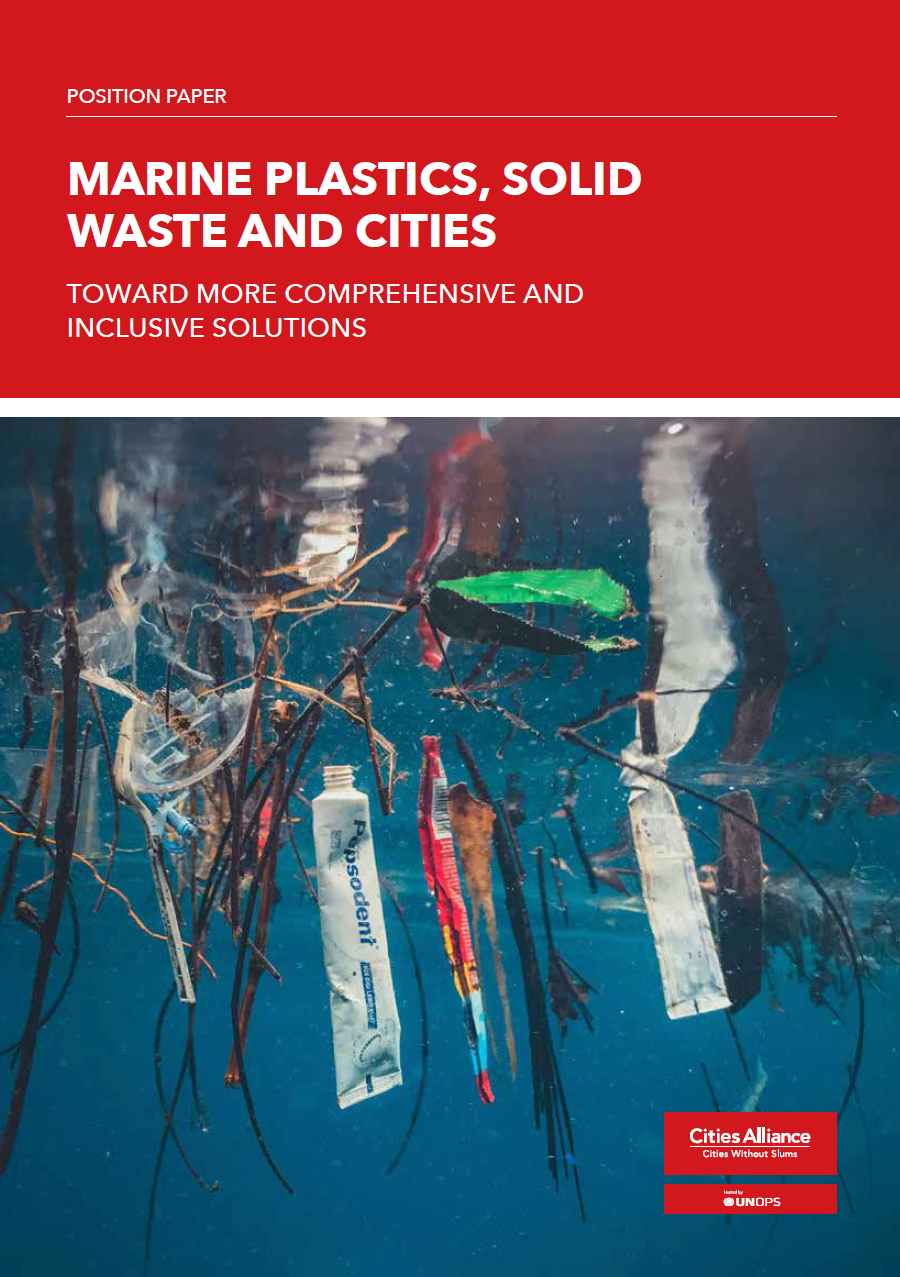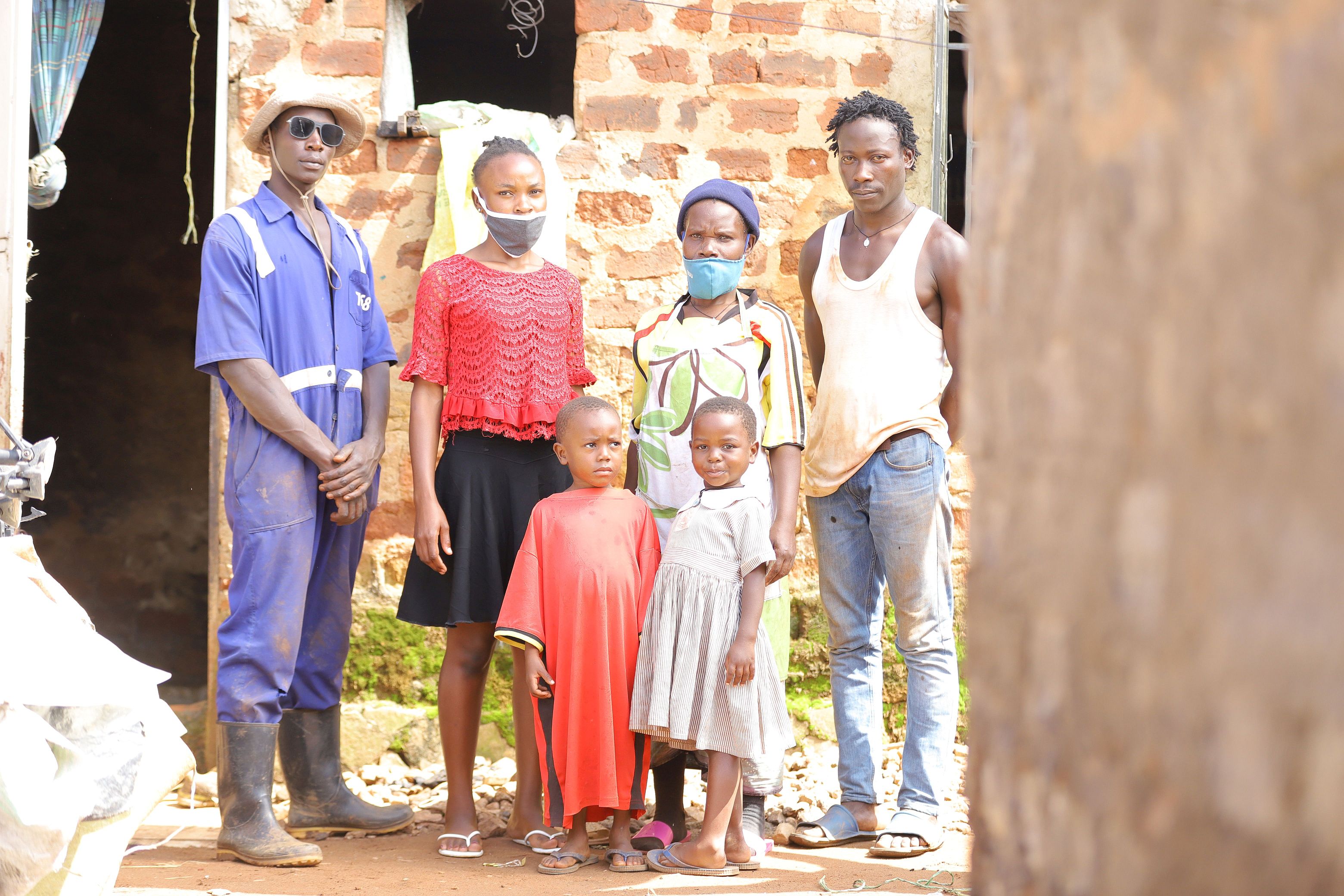- Who We Are
- How We Work
- Regional / Country Initiatives
- Legacy
- Core Themes
- Working Groups
- Portfolio & Results
- Newsroom
- Resources
Towards Housing Justice: Four Propositions to Transform Policy and Practice
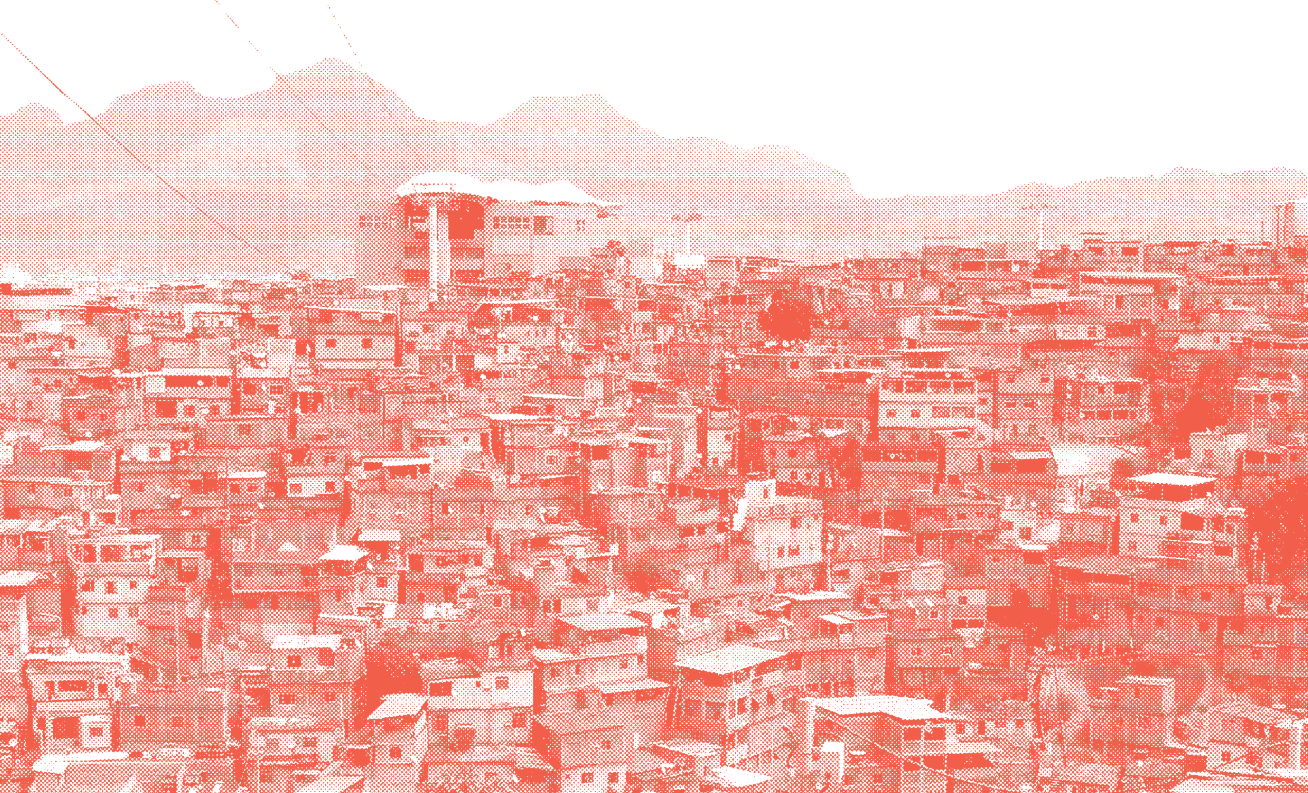
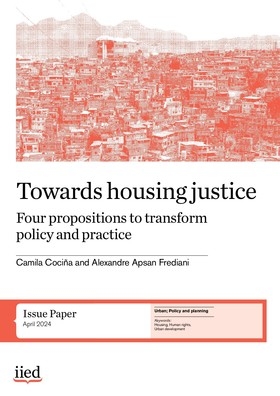
The current global housing crisis is sustained by housing systems that do not respond to the reality of the world’s majority. The new paper Towards Housing Justice, by Camila Cociña and Alexandre Apsan Frediani, from the International Institute for Environment and Development (IIED), discusses how addressing this crisis through a ‘housing justice’ lens can open up areas of intervention and transformation for policy and practice that can contest unfair and unsustainable housing systems.
Background
The global housing crisis needs to be addressed through a justice lens. A housing justice agenda aims to tackle the perverse nature of current housing systems, which are exclusionary, as they tend to prioritise interventions that leave large parts of the population out of responses and decision making; extractive, as they emphasise exchange value over use value; exploitative to both people and nature; and enclosed, as they operate within narrow views that prioritise individual rather than collective aspirations. This paper attempts to define the scope of IIED’s housing justice work, reflecting on exchanges with social movements, grassroots groups, researchers and allies who have long been leading initiatives around the right to adequate housing. Building on spaces of solidarity and resistance that have been forged to contest the current dynamics of housing systems, the paper proposes housing justice as a frame to challenge these positions and transform policy and practice.
Defining housing justice
Drawing on ongoing exchanges and knowledge about the right to adequate housing, theories of justice, and a recap of the history of IIED’s work on housing, we propose a placeholder definition of housing justice. We propose that housing justice is a vision that seeks the transformation of housing systems to ensure the equitable distribution of capabilities for people to live in housing conditions that enable just and sustainable human flourishing. The paper briefly unpacks each part of this definition discussing: ‘just and sustainable human flourishing’ from a social justice perspective, drawing mainly on the work of Nancy Fraser; ‘capabilities for people to live in housing conditions’ from a capability perspective, focusing on the personal and the collective; ‘ensure the equitable distribution’, drawing on feminist, decolonial and southern theories to engage with issues of inequality, power, diversity and the politics of reparation; and ‘a vision that seeks the transformation of housing systems’, asserting that justice is a vision which we can work towards, requiring continuous deliberation and contestation to define meaningful pathways towards it.
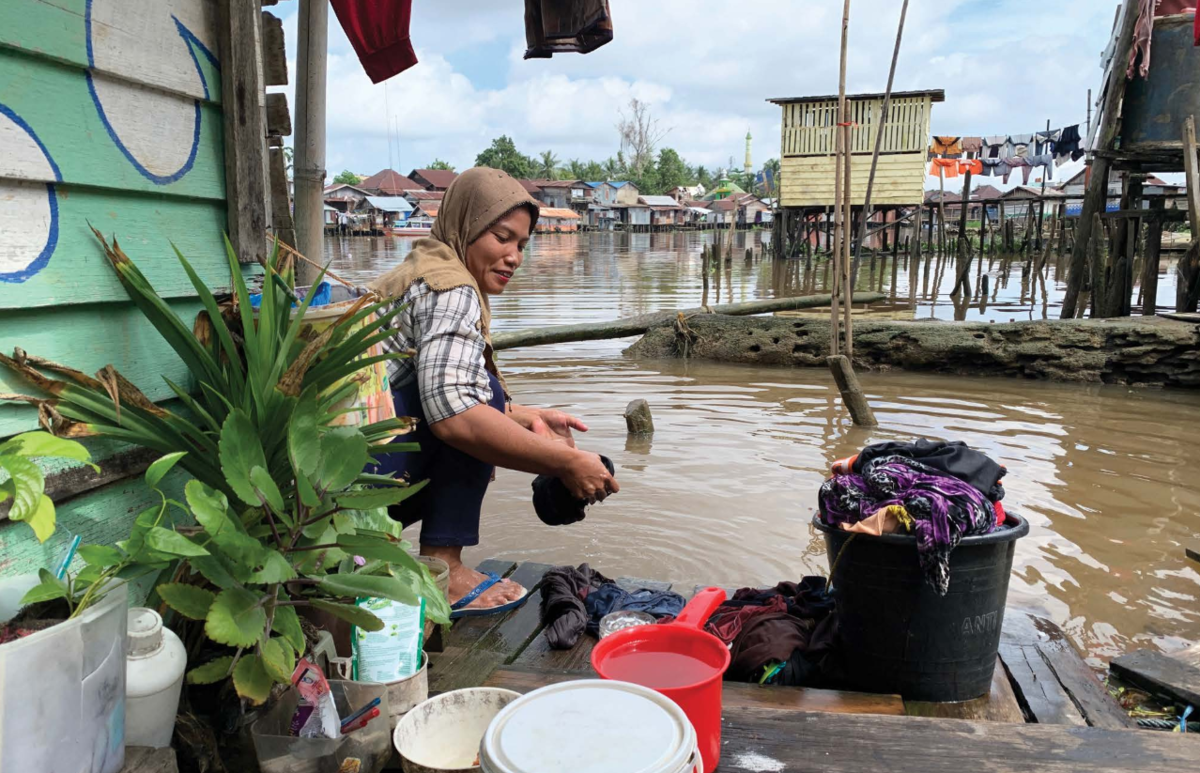
Four propositions to transform policy and practice
What are the implications of this definition for policy and practice? How is it part of wider and longstanding struggles for the right to housing? The main section of this paper presents what we believe a housing justice agenda does to policy and practice. It identifies and discusses four areas of intervention that such a definition opens up:
Anti-discriminatory housing policy and practice. Housing deprivations have a disproportionate impact on particular groups and geographies, which cannot be detached from historical trajectories of oppression. reshaping these trajectories requires reparatory mechanisms for those who have accumulated the historical burden of discrimination. This proposition calls for policy and practice to promote affirmative actions towards systematically discriminated groups across gender, ethnicity, race, class, tenancy status, migration status, sexual orientation, and ability, among others.
Radically democratic forms of housing production. The decision-making processes that shape housing systems need democratic structures that recognise and support non-speculative forms of city-making. This proposition calls for policy and practice to embrace, protect, support and expand radically democratic forms of housing production such as cooperatives, collective savings groups, community land trusts, participatory upgrading, and inclusive forms of public housing.
Housing as an infrastructure for better cities. Housing production impacts urban development. Often, it locks cities into unsustainable trajectories, deepening environmental degradation and social-spatial segregation. However, if housing is treated as a social, care and reparative infrastructure, it can promote better cities that can flourish sustainably. This proposition calls for policy and practice to develop planning and housing mechanisms that put at the centre the social and environmental function of land and property.
Expanded visions for housing futures. Diverse types of knowledge and ‘ways of doing’ produce housing. A justice lens invites us to imagine diverse responses that engage with the needs, aspirations and practices of the world’s majority of today and tomorrow. This proposition calls for policy and practice to engage with the multiple actors participating in the recognition, protection and fulfilment of housing rights; recognise practices and forms of knowledge taking place at the margins of planning systems; and diversify design, financial and governance responses.
Download the paper on the IIED's website here.

